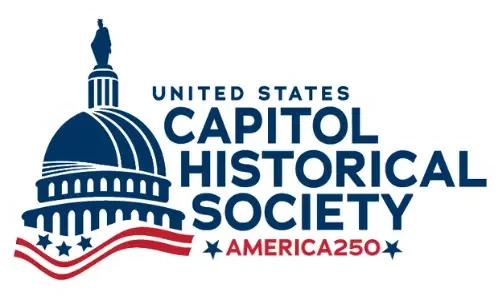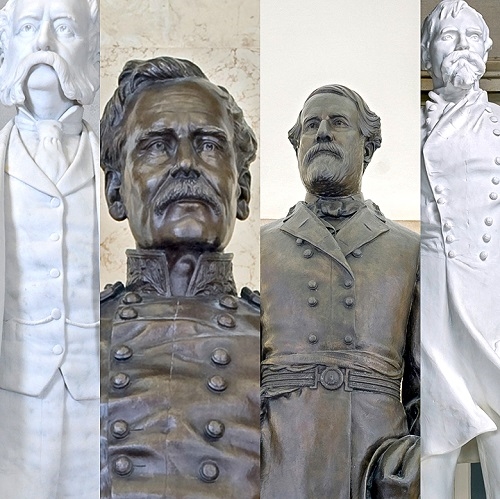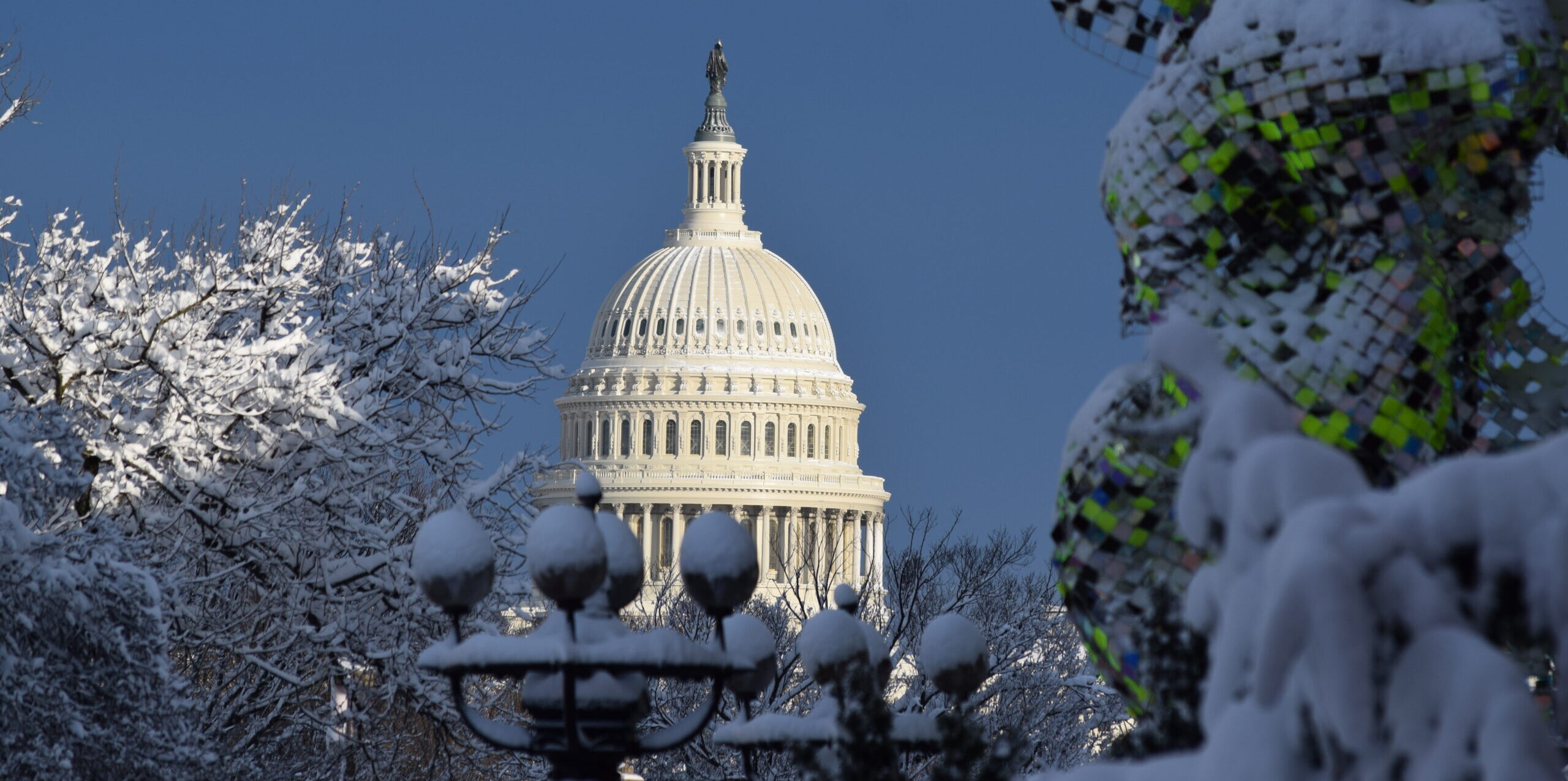The U.S. Capitol Historical Society announces its upcoming annual symposium, Reconstruction and the Long Reconstruction: 150 Years toward Freedom. On Thursday, May 2 and Friday, May 3, 2019, speakers from across the country will explore the post-Civil War Reconstruction period and the “Long Reconstruction,” which continued into the twentieth century. Topics range from Ulysses S. Grant’s 1868 election and presidential policies to veterans as artists, 1870 census data, disenfranchisement of black voters and voting rights, nineteenth-century origins of the modern slave reparations movement, the Supreme Court and decisions related to Reconstruction into the twentieth century, and popular culture portrayals of Andrew Johnson’s impeachment.
The symposium is free and open to the public.
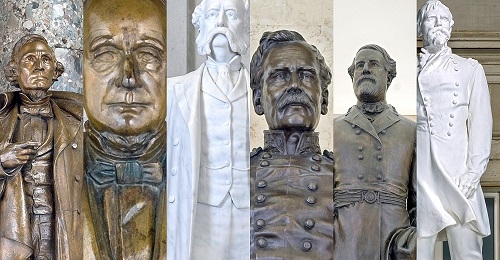
Thursday, May 2, 2019
The Hill Center (921 Pennsylvania Ave. SE; Washington, DC 20003)
9 am to 4:30 pm
Take metro to Eastern Market. Limited neighborhood parking.
Friday, May 3, 2019
Russell Senate Office Building, Room 325
9 am to 12:45 pm
Take metro to Union Station or Capitol South. Very limited neighborhood parking, or park at Union Station (partial validation available inside Union Station).
Check back here for more information as it becomes available, including schedule details. See below for brief biographies of the speakers.
Speakers include:
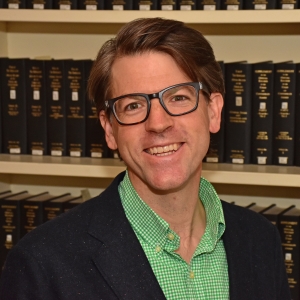
James J. Broomall
“The Soldier as Artist: Representations of the Civil War”
James Broomall is director, George Tyler Moore Center for the Study of the Civil War and assistant professor of history at Shepherd University. He previously taught at the University of North Florida and Virginia Tech. The University of North Carolina Press just released his most recent book, Private Confederacies: The Emotional Worlds of Southern Men as Citizens and Soldiers. He has also authored several manuscript-length reports on the Civil War, race, and slavery for the National Park Service.
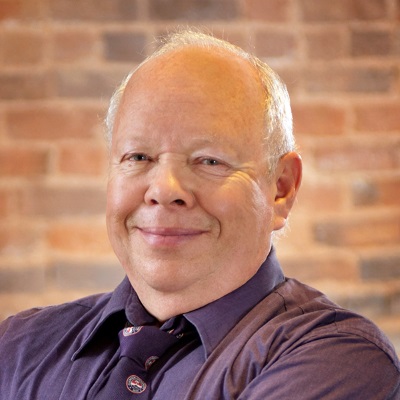
Orville Vernon Burton
“Historians in the Courtroom: Voting Rights, and the Long Reconstruction in an Age of Alternative Facts”
Orville Vernon Burton is the inaugural Judge Matthew J. Perry Distinguished Chair of History and professor of pan-African studies, sociology and anthropology, and computer science at Clemson University and the director of the Clemson CyberInstitute. He was the founding Director of the Institute for Computing in Humanities, Arts, and Social Science at the University of Illinois and continues to chair the advisory board. Burton is a prolific author; two of his books, The Age of Lincoln (2007) and In My Fathers’ House (1985), were nominated for Pulitzers.
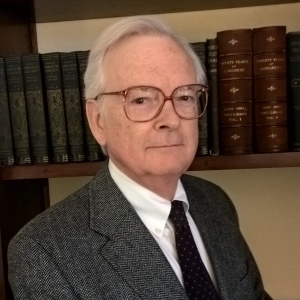
Charles W. Calhoun
“To Secure the Results of the War: U. S. Grant and Reconstruction”
Charles W. Calhoun is Thomas Harriot Distinguished Professor of History emeritus at East Carolina University, where he was a professor of history from 1989 to 2014. His most recent book is The Presidency of Ulysses S. Grant (2017). He has written extensively on the late nineteenth century and the Gilded Age, including From Bloody Shirt to Full Dinner Pail: The Transformation of Politics and Governance in the Gilded Age (2010).
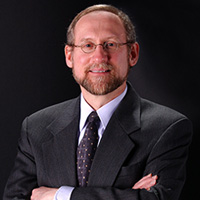
Paul Finkelman, symposium director
“The Supreme Court Reconstructs the Civil War and Defeats the North, 1873 to 1908”
Paul Finkelman is the president of Gratz College. He has held a number of endowed chairs as a tenured professor or as a visitor, including at the University of Saskatchewan, Duke Law School, Albany Law School, the University of Ottawa School of Law, and the University of Pittsburgh School of Law. He is the author of more than 200 scholarly articles and the author or editor of more than 50 books. His most recent book is Supreme Injustice: Slavery in the Nation’s Highest Court (2018).
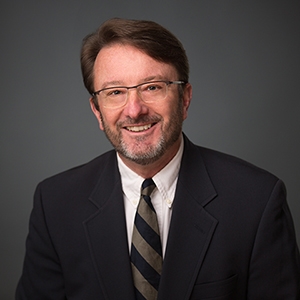
Tim Alan Garrison
“Are Noble Intentions Enough?: U.S. Grant’s Indian Policy”
Tim Alan Garrison is professor of history at Portland State University. He is working on a new book for Louisiana State University Press, Byways on the Trail of Tears: Reconsidering the Indian Removal Crisis, and recently edited, with Greg O’Brien, The Native South: New Histories and Enduring Legacies (2017). He is also working on The Forgotten Martyr: The Ku Klux Klan’s Murder of Lemuel Penn.
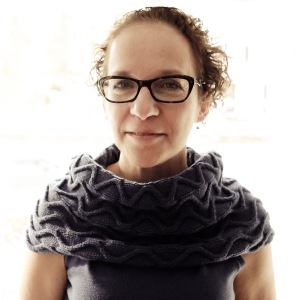
Judith Giesberg
“‘A Muster Roll of the American People’: The Making of the 1870 Census”
Judith Giesberg is a professor in the department of history at Villanova University. Her most recent book is Sex and the Civil War: Soldiers, Pornography, and the Making of American Morality (2017). She is the editor of Journal of the Civil War Era and directs a digital history project, Last Seen: Finding Family After Slavery, an open access, searchable database of advertisements taken out by former slaves looking for family members lost in the domestic slave trade.
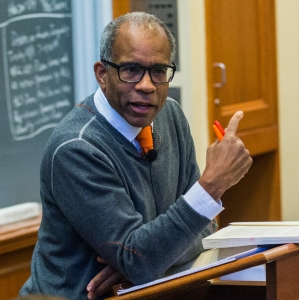
Randall Kennedy
“The Long Reach of the Civil Rights Cases: From the First Reconstruction to the Second and Beyond”
Randall Kennedy is Michael R. Klein Professor at Harvard Law School. He served as a law clerk for Judge J. Skelly Wright of the United States Court of Appeals and for Justice Thurgood Marshall of the United States Supreme Court and is a member of the bar of the District of Columbia and the Supreme Court of the United States. Kennedy writes for a wide range of scholarly and general interest publications; his most recent books are For Discrimination: Race, Affirmative Action, and the Law (2013) and The Persistence of the Color Line: Racial Politics and the Obama Presidency (2011).
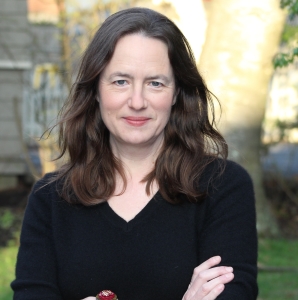
Heather Cox Richardson
“‘Socialism in South Carolina’: How Reconstruction Shaped Politics”
Heather Cox Richardson is professor of history at Boston College. She previously taught at the University of Massachusetts, Amherst and the Massachusetts Institute of Technology. Her most recent book was To Make Men Free: A History of the Republican Party (2014), and Oxford University Press will release her forthcoming volume, How the South Won the Civil War: The Rise of the West and the Struggle to Define America.
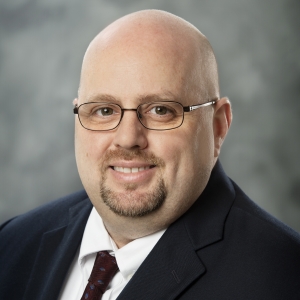
Ryan P. Semmes
“Expanding Reconstruction: Citizenship and Ulysses S. Grant’s Annexation of Santo Domingo”
Ryan P. Semmes is associate professor and coordinator of the Congressional and Political Research Center at the Mississippi State University Libraries. He has been on the faculty at Mississippi State University since 2007 and has worked as archivist with the Ulysses S. Grant Presidential Library at MSU since 2009. Ryan is a doctoral candidate in the Department of History at Mississippi State University, where he is completing his dissertation on the connections between foreign and domestic policy during the Reconstruction era.
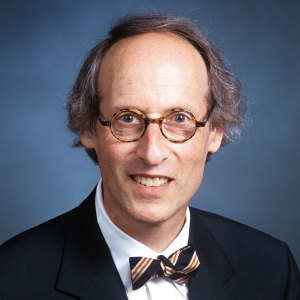
John David Smith
“‘That which the nation ought to do . . . the nation can do’: The Post-Civil War Slave Reparations Movement”
John David Smith is the Charles H. Stone Distinguished Professor of American History at the University of North Carolina at Charlotte. He has taught at several universities, including North Carolina State University and Ludwig-Maximilians-Universität, München. Smith has published 30 books, including, most recently, Interpreting American History: Reconstruction (2016) and, with Micheal Larson, Dear Delia: The Civil War Letters of Captain Henry F. Young, Seventh Wisconsin Infantry (2019).
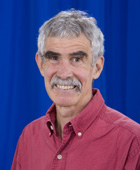
Brook Thomas
“The Politics of Popular Portrayals of Andrew Johnson’s Impeachment”
Brook Thomas is Chancellor’s Professor, Emeritus, English and the Center for Law, Society and Culture, UC, Irvine. He works at the intersection of law and literature in U.S. culture. His most recent book is The Literature of Reconstruction: Not in Plain Black and White (2017). Essays on Reconstruction include “Adventures of Huckleberry Finn and Reconstruction,” “The Unfinished Task of Grounding Reconstruction’s Promise,” and “Reconstruction Matters in the Revival of Civil War Literature.”
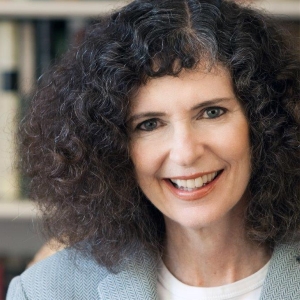
Joan Waugh
“‘Let Us Have Peace’: U.S. Grant and the 1868 Election”
Joan Waugh of the UCLA History Department researches and writes about nineteenth-century America, specializing in the Civil War, Reconstruction, and Gilded Age eras. Waugh has published numerous essays and books on Civil War topics, including the prize-winning U.S. Grant: American Hero, American Myth (2009), and a number of op-eds on current controversies regarding Civil War issues for media outlets. In addition to serving on numerous advisory boards and editorial boards, Waugh is president-elect of the Society of Civil War Historians.
